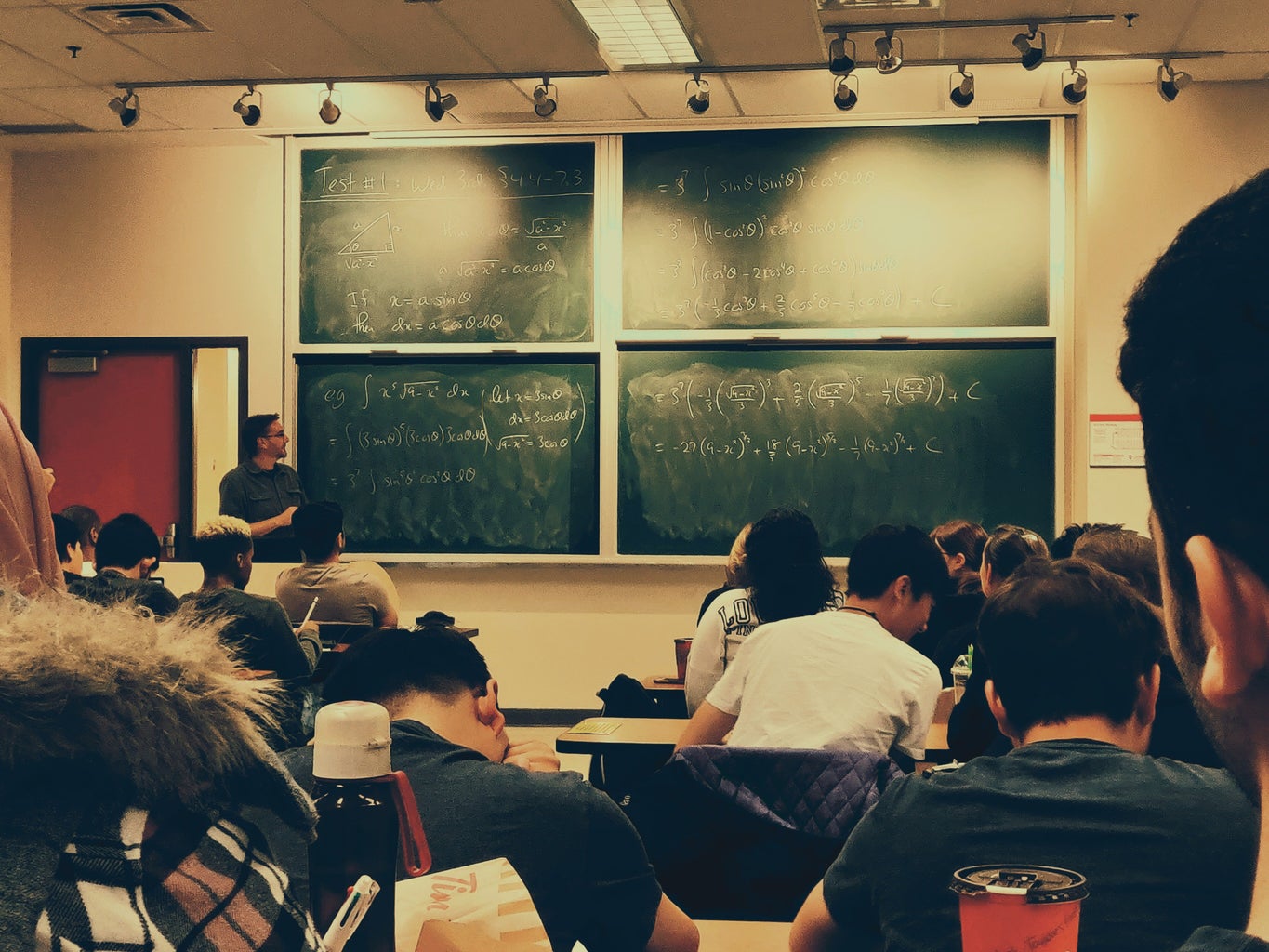Prior to entering high school, I, as well as many students had the idea that our experience would be similar to the movie High School Musical that when actually arriving at high school, disappointment was inevitable. The media portrays college in the same light. Movies show college as a very party-centric place where the majority of students have the most amusing times. But, that is really the only aspect they will show. Movies do not show the stress college students go through on a daily basis to study, attain good grades, maintain their roles in their organizations, or prepare for internships. The fun or exciting times in college that the media portrays are a rare experience for most college students.
The media’s narrative of what college is like drastically differs from that of our high school teachers, counselors, and the influential adults in our lives. In high school, students would commonly hear how incredibly stressful college is, with the endless amount of homework and studying. Or they would hear how tardiness is not tolerated in college as a justification for teachers to give their students write-ups and detentions. Now before continuing, college is stressful. But how stressed you will be depends on your major, how many club commitments you have, and how you manage your time. Yet, even if you are on the pre-med track with a part-time job on the weekends and are committed to a few organizations, you still should not be extremely stressed.
Yes, the stakes are higher in college, since all college students are working extremely hard everyday to achieve their dream profession, but the amount of stuff we have to balance on a daily basis stays relatively the same as it did in high school. In high school, we had to do homework and study for about seven classes. After school, we would either be dedicated to our sports teams, volunteering, or joining any other clubs that sparked our interests. The point is, we had to juggle our clubs, our social life, and all our classes on a daily basis in high school, and college life also requires that basic skill of time management and being dedicated. The plus side to college, though, is that we can choose how many classes we want to take and when. Some days, we can have as many as five classes and other days we can have none at all. We can also choose what clubs we want to be involved in and how active we want to be in them. Planning out your day and staying ahead of your responsibilities will gradually make college seem a lot more manageable.
Another plus side to college is that if you are late for class or miss it completely, your professors will not punish you with detention or those write-ups we had in high school. Unless class participation contributes to your grade in the course, professors will not care whether or not you are in class. That being said, attendance is essential for success in your courses. Though, since a handful of courses do not grade participation, if you are extremely tired from the day before and just want to skip the day’s lesson, and the professor posts the slides, you can afford to miss that class.
Now to clarify another perhaps over-exaggerated warning that high school teachers and counselors give to their students—the immense workload of college students. This again depends on the student’s major, but for the most part, studying, completing projects, and completing coursework is entirely attainable. Professors give students ample time to prepare for examinations and to complete projects, and professors are easily accessible via their email and office hours. They want their students to succeed and will give them every resource to help them.
This leads to another common saying we heard growing up, which is that college professors do not care about you, and that is actually false. Although they have hundreds of students, the fact that they have office hours and try to respond as quickly to questions they receive on their emails prove that they do want to support you and help you succeed in their course. Going beyond that, if you make an effort to get to know your professor and form a relationship with them, that professor will be more than happy to write letters of recommendations for scholarships or potential job opportunities and they will support your goals in any way they can.
Just like everything in life has its challenges and its beauties, so does college. As long as you commit to your clubs in college and take your coursework seriously, you will succeed. But don’t forget to have fun, too. Hang out with your fiends, attend school events, go to a party: college has it all. Remember that time management and dedication are key. Take advantage of this once-in-a-lifetime experience.





